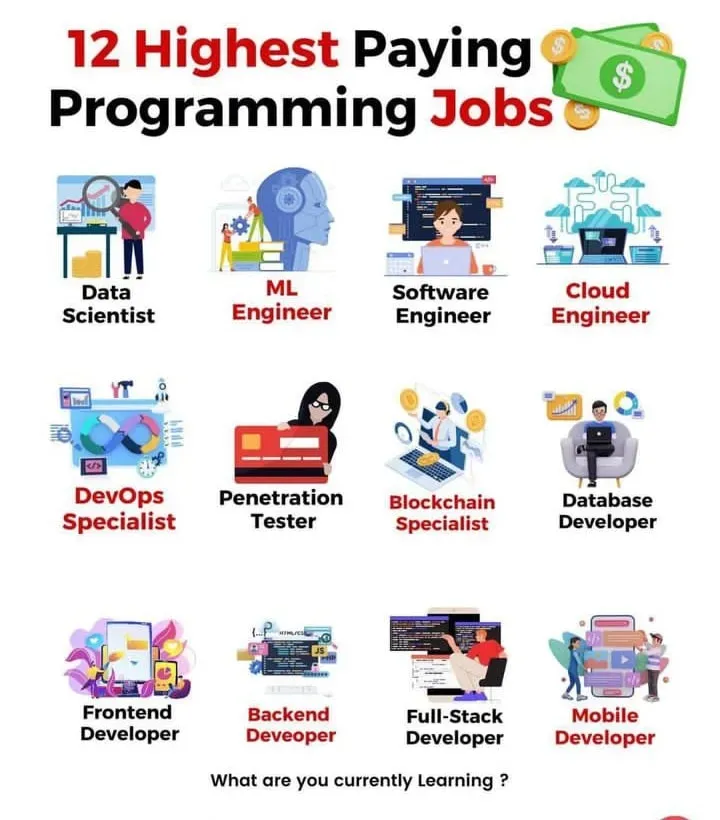Programming Interviews Decoded invites you into the right mindset, proven methods, and focused practice you need to excel in technical interviews, whether you’re aiming for a large tech company or a smaller, ambitious startup. This guide emphasizes a practical, repeatable plan that blends theory with hands-on problem solving and, where helpful, LeetCode practice problems to sharpen algorithmic thinking, optimize problem layout, and build a confident on-paper and on-screen performance. Across diverse interview formats—from whiteboard coding to live collaboration—the approach remains steady: stay calm, communicate clearly, and break complex tasks into approachable steps. By anchoring your prep in a simple three-part frame—technical mastery, process communication, and test-ready performance—you create a scalable path from basics to high-stakes execution, while tracking progress with steady review. With Programming Interviews Decoded as your compass, you’ll move from hesitation to confidence as you translate ideas into reliable, interview-ready solutions that survive real-world scrutiny.
To frame this journey through an alternative lens, think of preparation as a blend of code-centric drills and architecture-oriented exploration that mirrors real-world systems. Instead of chasing only surface-level algorithms, emphasize recurring problem-solving patterns, data-structure fluency, and scalable design principles that enable you to adapt to changing constraints. Regular practice on realistic platforms, paired with interview simulations and constructive feedback, reinforces your ability to articulate reasoning under pressure and to adjust your approach when new twists appear. Focus on questions about data flow, system components, caching strategies, data modeling, and resilience to build a mental model of distributed services. The outcome is a holistic readiness that translates into confidence, clear communication, and steady performance when you face interviewers in high-stakes settings.
Programming Interviews Decoded: Master Coding Interview Tips and Preparation Strategies
Programming Interviews Decoded provides a blueprint for shifting from uncertainty to confident performance by pairing the right mindset with proven methods and deliberate practice. This guide emphasizes coding interview tips, interview preparation strategies, and hands-on problem solving with LeetCode practice problems to build strength across data structures, algorithms, and edge case handling. By modeling how to think aloud during a problem, it also reinforces clear communication and structured reasoning—skills that interviewers consistently value under pressure.
In practice, the preparation framework rests on three pillars: technical mastery, process communication, and test-ready performance. Technical mastery covers core data structures, algorithmic patterns, and time- and space-complexity analysis, while allowing for quick adaptation when constraints change. Process communication focuses on narrating your approach calmly and logically, so interviewers can follow your reasoning, and test-ready performance emphasizes robust code, edge cases, and multi-scenario validation. Together, these elements align with Programming Interviews Decoded’ s goal of demonstrating problem-solving capability, reliability, and collaborative mindset.
Build a Sustainable Practice Plan with LeetCode, System Design Practice Problems, and Mock Interviews
A sustainable plan treats interview prep as a steady build rather than a sprint, integrating LeetCode practice problems, system design practice problems, and mock interviews with feedback. Start with an 8–12 week timeline, setting weekly goals that target data structures, algorithms, system design, and practical mock interview experiences. This approach should be adaptive, allowing more time for weak areas while reinforcing strengths through deliberate, focused practice and measurable milestones.
Beyond pure coding, a comprehensive plan incorporates mock interviews and feedback to sharpen communication under realistic conditions. LeetCode practice becomes more effective when paired with targeted discussions about problem-solving strategies, time management, and the ability to explain trade-offs. Emphasize behavioral interview tips and STAR-format responses to demonstrate leadership, teamwork, and adaptability, ensuring your preparation also strengthens cultural fit and collaborative potential alongside technical proficiency.
Frequently Asked Questions
What is Programming Interviews Decoded and how does it support coding interviews tips and interview preparation strategies?
Programming Interviews Decoded provides a structured framework for coding interviews tips and interview preparation strategies. It centers on three pillars—technical mastery, process communication, and test-ready performance—and recommends practical steps like LeetCode practice problems and regular mock interviews and feedback to sharpen problem-solving under pressure.
How does Programming Interviews Decoded integrate LeetCode practice problems, system design practice problems, and mock interviews and feedback into a cohesive plan?
Programming Interviews Decoded advocates a balanced plan that blends LeetCode practice problems, system design practice problems, and mock interviews and feedback. By rotating topics, simulating interview timing, and incorporating behavioral storytelling, you train both technical depth and communication, aligning with the guide’s emphasis on preparation strategies and real interview readiness.
| Section | Key Points | Practical Takeaways |
|---|---|---|
| Introduction | Programming Interviews Decoded guides mindset, methods, and practice for excelling in technical interviews; emphasizes a structured approach; targets large tech companies or ambitious startups; focuses on moving from basic problem solving to confident performance. | Adopt a structured prep plan and practice problems to build clarity and focus. |
| Understanding the Interview Landscape | Different companies emphasize coding, design, or behavioral elements; success habits include structured thinking, clear communication, and writing clean code under time pressure. | Prepare across formats; practice explaining your thought process; simulate time pressure. |
| Three Pillars of Prep | Pillars are technical mastery, process communication, and test-ready performance. Technical mastery covers data structures, algorithms, time/space analysis, and adaptability; process communication means narrating your reasoning; test-ready means robust code with edge cases and multiple test scenarios. | Structure study around these pillars; integrate practice with feedback and mock problems. |
| Building a Solid Prep Plan | 8–12 week timeline with weekly goals targeting data structures, algorithms, system design, and mock interview experiences; plan should be adaptive to focus on weaknesses. | Create a realistic schedule and adjust as needed to cover all areas. |
| Practice Problems & Theory Reviews | Mix LeetCode practice with problems of varying difficulty and explicit goals (e.g., improving space complexity, reducing runtime, or selecting better data structures). | Convert passive learning into active mastery; track progress and clear objectives. |
| Behavioral Preparation | Behavioral tips emphasize concise STAR stories; focus on impact, leadership, teamwork, and resilience; practice with peers or mentors for feedback. | Prepare stories and mock behavioral responses; seek constructive feedback. |
| Master Algorithms, DS, and Problem-Solving Rigor | Develop mental models and patterns (sliding window, two-pointer, binary search variants, greedy, DP); practice deliberate review after attempts; verbalize steps and complexity; diversify problem difficulty; think aloud during solving. | Maintain a patterns catalog; practice verbalization and move from memorized patterns to flexible strategies. |
| System Design Practice Problems | Design interviews focus on scalability, reliability, trade-offs; start with high-level components, data flow, and requests per second; drill into data models, caching, partitioning, and fault tolerance; sketch diagrams and study real designs. | Practice canonical questions; study distributed systems patterns and real design case studies. |
| LeetCode & Other Platforms | Balance practice across categories, track progress, and use timers to simulate interview pressure; aim for clean, well-documented code with edge cases. | Rotate categories, set measurable goals, and connect practice to interview expectations. |
| Mock Interviews & Feedback | Mock interviews simulate real environments; seek feedback on problem-solving, verbalization, and handling pressure; organize with peers, mentors, or coaches. | Practice with live interviewers; use feedback to refine approach and communication. |
| Holistic Preparation | Beyond algorithms and system design, emphasize behavioral skills and cultural fit; tell stories of impact, leadership, teamwork; quantify outcomes; align with team goals. | Highlight soft skills alongside technical competence and narratives. |
| Personal, Sustainable Prep Plan | Consistency beats intensity; create a balanced calendar, weekly goals, and a log of topics and mistakes to reinforce learning. | Maintain a running problem-solving log; revisit it regularly to identify patterns and improve retention. |
| Conclusion (From Base Content) | Programming Interviews Decoded ties everything into a structured, doable plan; it combines focused coding practice, a strategy framework, mock interviews, and sustainable routines to build readiness. | Follow the plan to gain clarity, confidence, and opportunities. |
Summary
Programming Interviews Decoded is a comprehensive guide to turning a broad field of potential questions into a structured, doable path toward interview readiness. It blends focused coding practice, system design exposure, behavioral interview preparation, and sustainable routines to help candidates build clarity, confidence, and performance under pressure. By framing interviewing as a repeatable process—covering technical mastery, effective communication, and test-ready execution—this approach encourages deliberate practice, reflective note-taking, and consistent effort. The outcome is not only better problem-solving ability but also stronger collaboration and cultural fit, opening doors to opportunities at both large tech companies and ambitious startups.



